Industrialization 1870-1900
History
Alexander Graham Bell
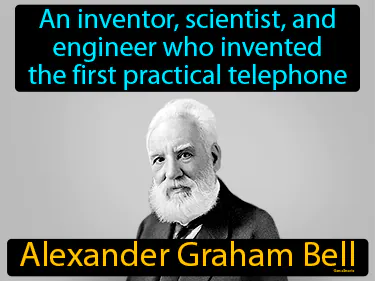
An inventor, scientist, and engineer who invented the first practical telephone, Alexander Graham Bell. He is known for revolutionizing communication by creating the telephone.
American Federation of Labor
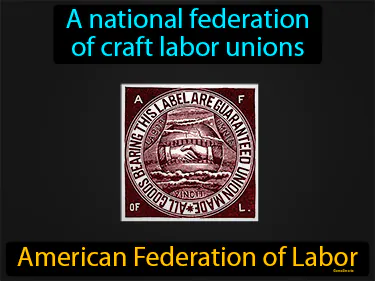
A national federation of craft labor unions. American Federation of Labor. The American Federation of Labor was an organization founded in 1886 to represent skilled workers and improve their working conditions.
Andrew Carnegie
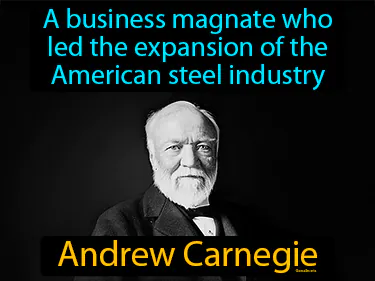
A business magnate who led the expansion of the American steel industry. Andrew Carnegie. He was a key figure in making the U.S. a global industrial power in the late 19th century.
Bessemer process
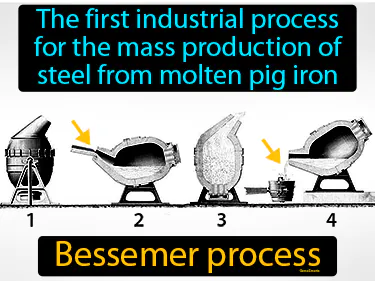
The first industrial process for the mass production of steel from pig iron. Bessemer process. The Bessemer process, invented in the 1850s, was a revolutionary method that allowed steel to be produced cheaply and efficiently, spurring industrial growth.
Christopher Sholes

Invented the QWERTY keyboard and one of the inventors of the typewriter. Christopher Sholes. Christopher Sholes is a key figure in history as he helped to revolutionize writing tools by developing the first practical typewriter.
collective bargaining
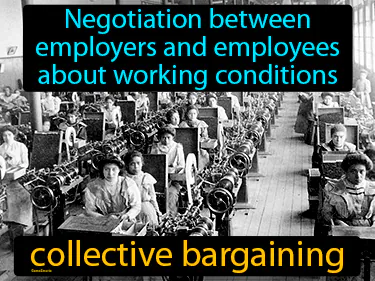
Negotiation between employers and employees about working conditions. Collective bargaining. In history, collective bargaining refers to the process where workers unite to negotiate with employers for better wages and conditions.
Credit Mobilier

A scandal by Union Pacific and Crdit Mobilier construction, to overbill for the Transcontinental Railroad. Credit Mobilier. Credit Mobilier was a fake construction company used in the 1860s to fraudulently siphon money from the U.S. government during the building of the Transcontinental Railroad.
Edwin L Drake
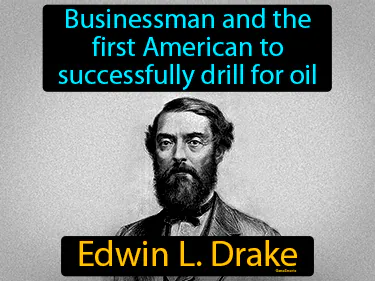
Businessman and the first American to successfully drill for oil. Edwin L. Drake. Edwin L. Drake was a pioneer who started the modern petroleum industry in 1859 by drilling the first successful oil well in Pennsylvania.
Eugene V Debs
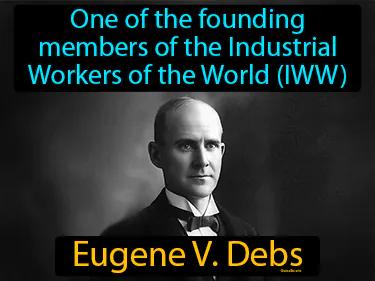
One of the founding members of the Industrial Workers of the World IWW, Eugene V Debs. Eugene V Debs was a prominent American socialist, political activist, and five-time presidential candidate who advocated for workers' rights in the late 19th and early 20th centuries.
George Pullman
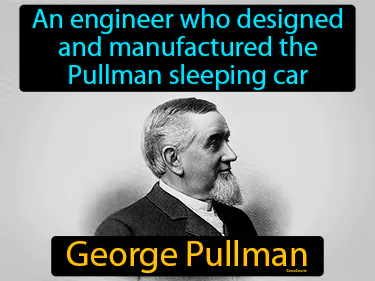
An engineer who designed and manufactured the Pullman sleeping car. George Pullman was an American industrialist known for revolutionizing train travel with luxurious sleeping cars in the 19th century.
Haymarket Riot
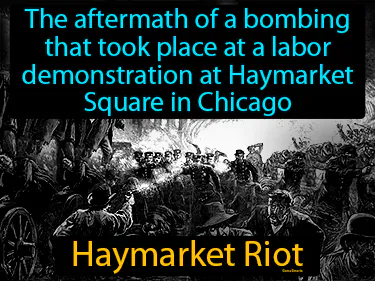
The aftermath of a bombing that took place at a labor demonstration at Haymarket Square in Chicago. Haymarket Riot. The Haymarket Riot was a violent clash in 1886 between police and labor protesters advocating for an eight-hour workday.
Homestead Strike
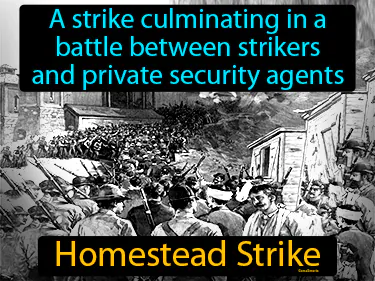
A strike culminating in a battle between strikers and private security agents. Homestead Strike. The Homestead Strike was a significant 1892 labor conflict at a steel plant in Pennsylvania where workers protested wage cuts.
horizontal integration
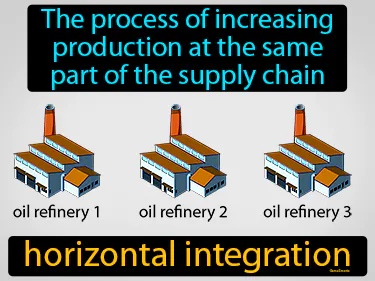
The process of increasing production at the same part of the supply chain. Horizontal integration. In history, it refers to a company expanding by acquiring or merging with other companies at the same level in an industry, like when Standard Oil bought many other oil refineries to control the market.
Industrial Workers of the World
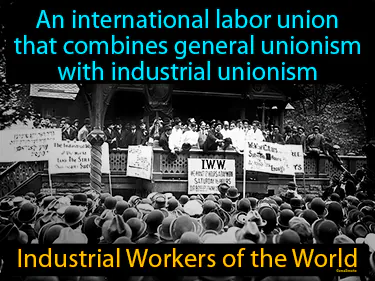
A union aimed to promote worker solidarity in the revolutionary struggle to overthrow the employing class. Industrial Workers of the World. The Industrial Workers of the World is a labor union founded in 1905 focused on uniting workers for better conditions and social change.
Interstate Commerce Act
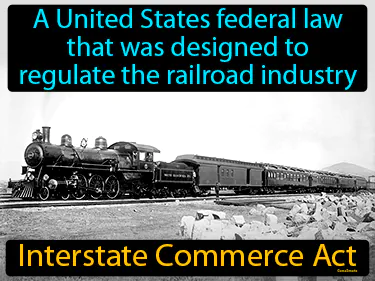
A federal law that was designed to regulate the railroad industry. Interstate Commerce Act. This act, passed in 1887, aimed to ensure fair rates and prevent discriminatory practices in the railroad industry.
John D Rockefeller
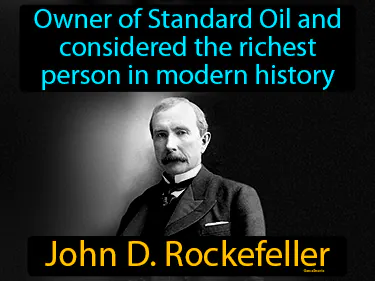
Owner of Standard Oil and considered the richest person in modern history. John D. Rockefeller was a key figure in the industrial era who revolutionized the oil industry and amassed unprecedented wealth.
Knights of Labor

A labor federation that promoted the social and cultural uplift of the working man. Knights of Labor. The Knights of Labor was a 19th-century American organization that advocated for better working conditions and rights for workers.
laissez-faire
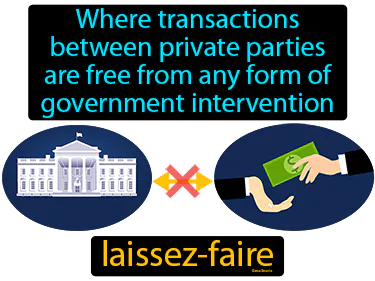
Where transactions between private parties are free from any form of government intervention. Laissez-faire. Laissez-faire is an economic philosophy from the 18th century that advocates minimal government interference in business.
Mary Harris Jones
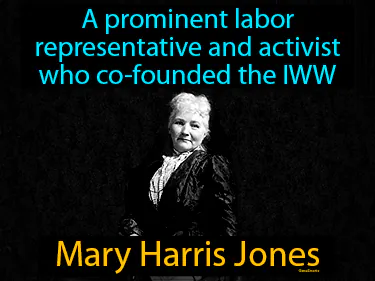
A prominent labor representative and activist who co-founded the IWW, Mary Harris Jones. Known as "Mother Jones," she was a key figure in organizing labor strikes and advocating for workers' rights in the early 20th century.
monopoly

When a specific person or enterprise is the only supplier of a particular commodity. Monopoly. In history, a monopoly is when a single company or entity controls an entire industry or market, like the East India Company's control over trade in the 18th century.
Munn v Illinois
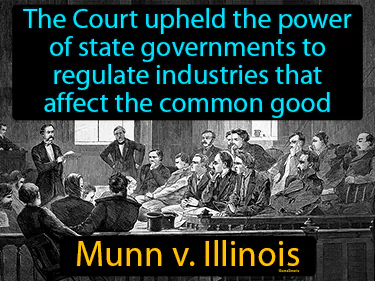
The Court upheld the power of state governments to regulate industries that affect the common good. Munn v. Illinois. Munn v. Illinois was a 1877 Supreme Court case where the Court allowed states to regulate businesses that impact public interests, like grain warehouses.
Pullman Strike
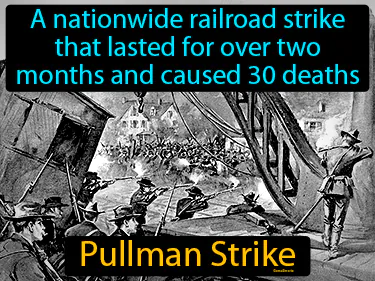
A nationwide railroad strike that lasted for over two months and caused 30 deaths. Pullman Strike. The Pullman Strike was a major 1894 labor strike against the Pullman Company in Chicago, which significantly impacted rail traffic nationwide and resulted in federal intervention.
Samuel Gompers
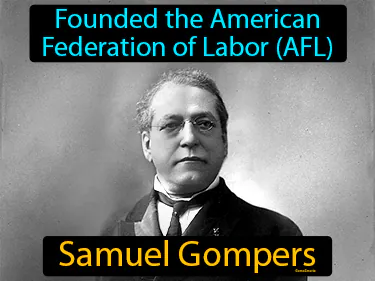
Founded the American Federation of Labor AFL. Samuel Gompers. He was a key labor leader who advocated for workers' rights in the late 19th and early 20th centuries.
Sherman Antitrust Act
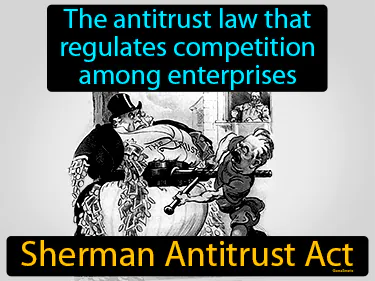
The antitrust law that regulates competition among enterprises. Sherman Antitrust Act. The Sherman Antitrust Act, passed in 1890, aimed to prevent monopolies and ensure fair competition in the U.S. economy.
Social Darwinism
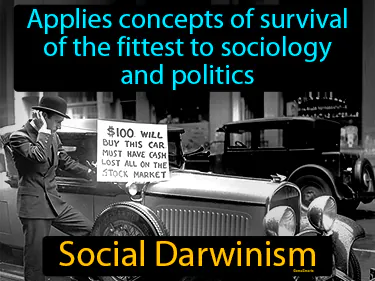
Applies concepts of survival of the fittest to sociology and politics. Social Darwinism. In history, Social Darwinism is the idea that stronger people and groups naturally succeed over weaker ones, justifying inequalities.
socialism
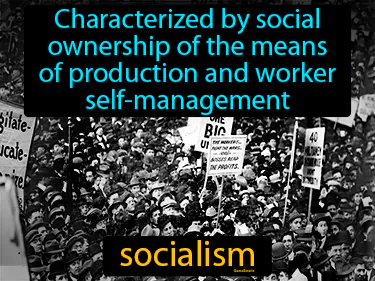
Characterized by social ownership of the means of production and worker self-management. Socialism. In history, socialism refers to a system where the government or the community collectively controls resources and industries to promote equality and meet people's needs.
Terence V Powderly
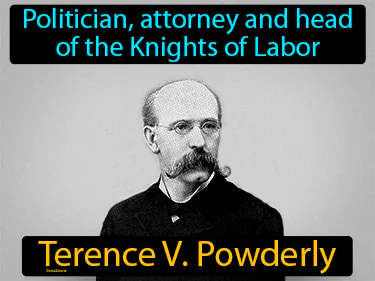
Politician, attorney and head of the Knights of Labor. Terence V. Powderly. He was a key leader in the late 19th century labor movement in the United States, advocating for workers' rights.
Thomas Alva Edison
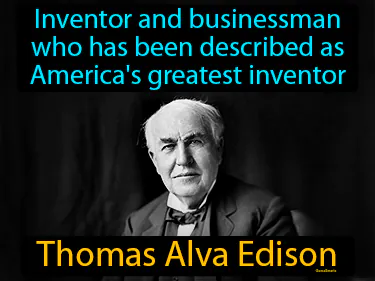
Inventor and businessman who has been described as America's greatest inventor. Thomas Alva Edison. He was a pioneering inventor of the phonograph, the motion picture camera, and the electric light bulb.
transcontinental railroad
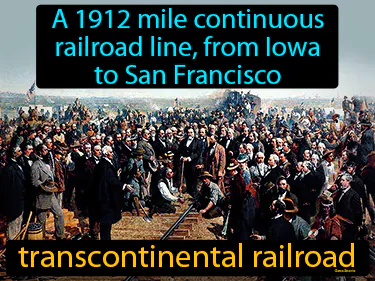
A 1912 mile continuous railroad line, from Iowa to San Francisco. Transcontinental railroad. The transcontinental railroad was a train route across the United States that connected the east and west coasts, significantly boosting trade and travel.
trust

A large grouping of business interests with significant market power. Trust. In history, a trust was a powerful group of companies that worked together to control prices and reduce competition in an industry.
vertical integration
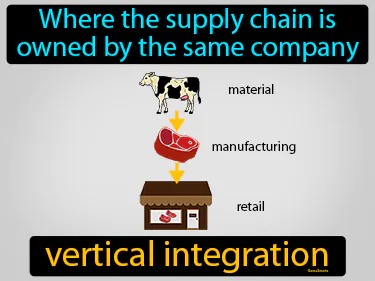
Where the supply chain is owned by the same company. Vertical integration. In history, vertical integration is when companies owned all stages of production, like how Carnegie controlled steel production from raw materials to finished goods.